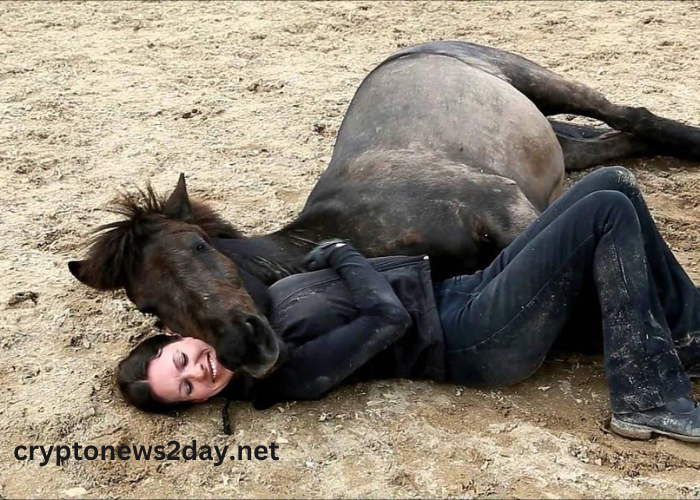The relationship between humans and horses is one of the most profound and enduring connections in history. Spanning thousands of years, this bond has evolved from necessity and survival to companionship and sport. Understanding the intricacies of this relationship sheds light on how horses have shaped human civilization and how we continue to influence each other’s lives.
Historical Perspective: From Utility to Companionship
The domestication of horses, which began around 4,000 BC on the steppes of Central Asia, revolutionized human society. Initially, horses were essential for transportation, agriculture, and warfare. Their speed and strength allowed humans to travel greater distances, plow fields more efficiently, and dominate in battle. The horse’s role in these areas was so significant that many ancient civilizations, including the Egyptians, Greeks, and Romans, revered them in their art, literature, and mythology. Discover the finest quality turf products at AbdellatifTurf. Your one-stop shop for premium turf solutions. Order now for a lush green lawn!
As societies progressed, the utilitarian relationship between humans and horses gradually transformed into one of companionship. The advent of mechanized transportation reduced the horse’s role as a work animal, allowing people to appreciate horses for their beauty, grace, and personality. This shift gave rise to equestrian sports, leisure riding, and the breeding of horses for specific traits, further deepening the emotional bond between humans and horses.
The Psychological Connection
The bond between humans and horses is not merely practical; it is deeply psychological. Horses are highly perceptive animals capable of forming strong emotional connections with humans. This connection is often characterized by mutual trust and respect. Horses, with their keen sense of empathy, can mirror human emotions, providing a sense of calm and understanding to their handlers.
Therapeutic riding programs, also known as equine-assisted therapy, highlight the psychological benefits of human-horse interactions. These programs leverage the horse’s gentle nature to help individuals with physical, emotional, and cognitive challenges. The rhythmic motion of riding a horse can improve physical coordination and balance, while the act of caring for a horse fosters responsibility, confidence, and emotional healing.
Communication and Training
Effective communication is the cornerstone of the human-horse relationship. Unlike humans, horses communicate primarily through body language. Understanding and interpreting these signals are crucial for building trust. Experienced equestrians can read subtle cues from a horse’s ears, eyes, and posture to gauge its mood and intentions.
Training techniques have evolved to emphasize positive reinforcement and gentle methods over the harsher, dominance-based approaches of the past. This shift reflects a growing understanding of the horse’s intelligence and sensitivity. Modern trainers focus on creating a partnership where the horse is a willing participant, resulting in more harmonious and effective outcomes.
The Modern Role of Horses
Today, horses continue to play diverse roles in human society. They are cherished companions, competitive athletes, and therapeutic partners. Equestrian sports such as dressage, show jumping, and eventing celebrate the athleticism and elegance of horses, while recreational riding provides a peaceful escape from the stresses of modern life.
In rural and agricultural communities, horses still serve practical purposes, such as ranch work and transportation in areas where machinery is impractical. Additionally, horses hold a special place in cultural and ceremonial events worldwide, symbolizing freedom, strength, and tradition.
Conclusion
The bond between humans and horses is a testament to the enduring power of interspecies relationships. From their early days as indispensable tools of survival to their current status as beloved companions and athletes, horses have profoundly impacted human life. This connection, rooted in mutual trust and respect, continues to evolve, enriching the lives of both humans and horses. As we move forward, preserving and nurturing this bond will ensure that future generations can also experience the unique and transformative relationship between humans and their equine companions.

